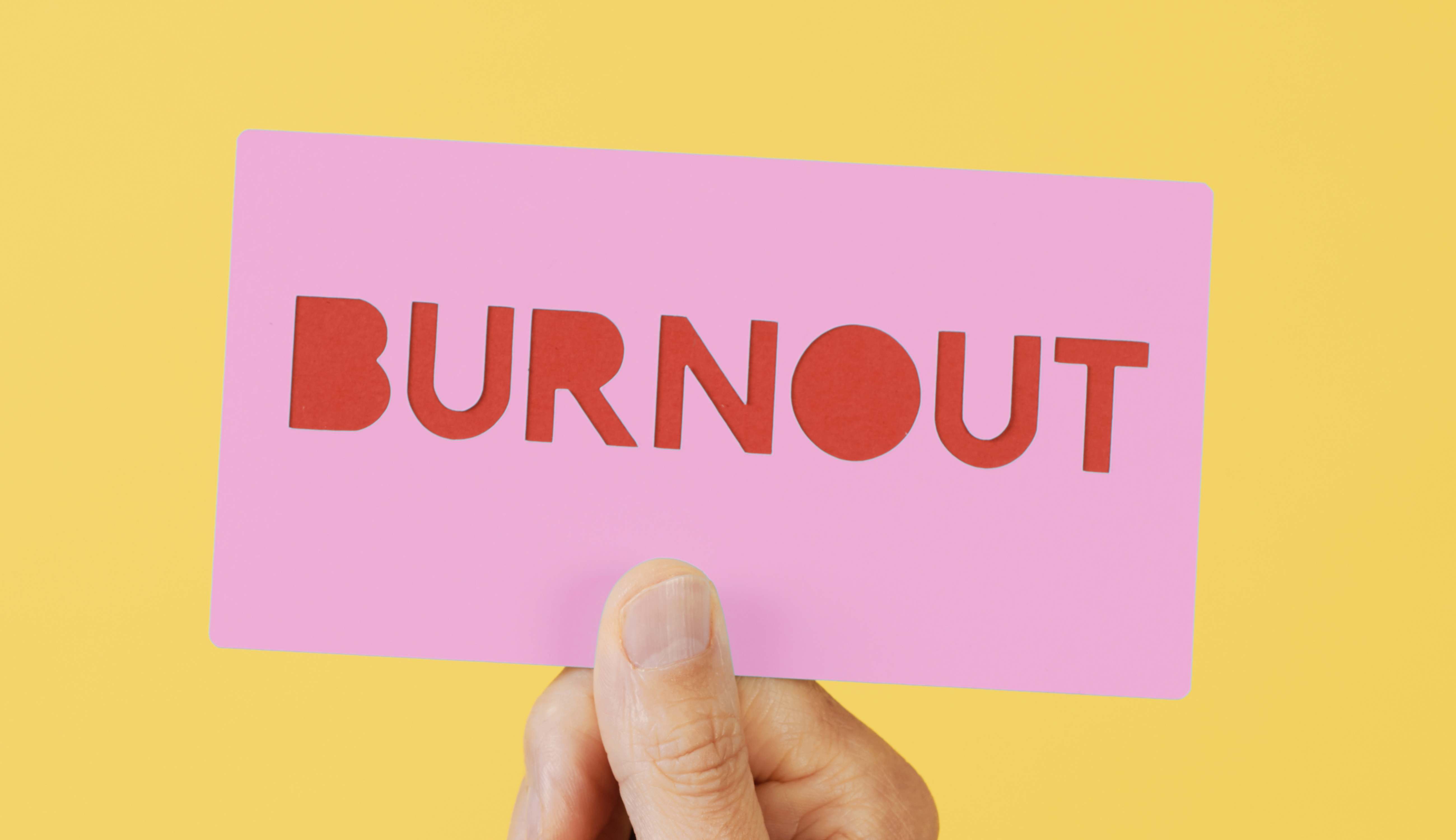
Burnout has been described as a ‘crisis’ in today’s society. In a survey from Accountemps, 91% of workers reported that they had experienced some degree of burnout at work and as many as 1 in 5 highly engaged employees are at risk from burnout (Harvard Business Review).
What is burnout?
Job burnout is a specific type of work-related stress. It is a state of physical or emotional exhaustion caused by prolonged or excessive stress.
Symptoms
Burnout happens gradually, with some of the symptoms being subtle at first and becoming worse overtime. It does not exclusively affect the workplace and can also have an impact on our personal lives.
Some of the most common symptoms of burnout includes;
- Loss of interest in work/career
- Fatigue
- Low productivity and creativity
- High absenteeism
- Negative feelings, especially towards colleagues
- Feeling that work is meaningless or doesn’t make a difference
- Insomnia
- Physical pain – headaches, illness or backache
How to prevent burnout
If you are experiencing some of the warning signs of an impending burnout, now is the time to act to try to overcome it before it becomes more serious. Here are some steps you can take to prevent burnout;
Recognise the symptoms
Think of the symptoms of burnout as red flags that something is wrong that needs to be addressed. Individual managers should also recognise the signs and symptoms of burnout and take the necessary actions to help address and resolve them (where possible).
Sleep
Insomnia is one of the symptoms of burnout, therefore adults should aim to get a good sleep every night (7-9 hours of sleep per night). This will not only improve productivity and prevent burnout, it also helps to reduce the likelihood of developing chronic diseases.
Exercise
Exercise is important for optimal mental and physical health. It helps to reduce stress, increases productivity and the amount of energy you have. This excess energy helps to prevent the physical and emotional exhaustion that causes burnout.
Time management
Long hours in the office can contribute to burnout. Therefore employees should look through their schedule and see if there are any ways that the amount of time spent working can be reduced. This could be achieved by avoiding unnecessary meetings and keeping to-do lists manageable.
Ask for help
If you are still finding your workload unmanageable, it might be a good idea to discuss your concerns with management. They may be ale to help you organise your to-do list by delegating, delaying or deleting some tasks.
Socialise
Something as simple as talking and discussing situations with colleagues can help to reduce stress and prevent burnout. Spending time with friends and family outside of work is also beneficial and can give you much-needed emotional fulfilment.
Good quality relationships with others can not only help to reduce stress and prevent burnout, it can also keep us happier and healthier, according to Harvard’s Study of Adult Development.
Make time for yourself
As well as socialising with the people you care about, you should also make some time for yourself. This may involve taking some time off work to relax or go on holiday.
When taking time off work, it is important to really switch off and not take stress home with you. Employees should be supported by management at this time so that they can be truly offline and not have to worry about work emails or answering calls.
Preventing job burnout requires effort from both employees and managers. Employees should pay attention to how they are feeling and their stress levels, and management should create an environment where it is not discouraged.
Written by Michelle Corry